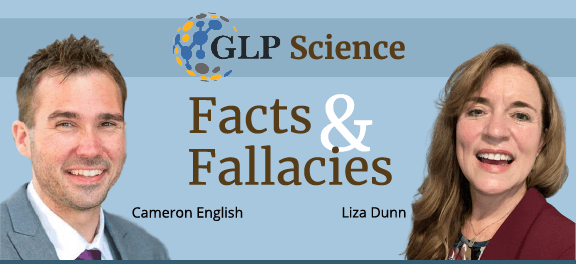Nov 19 2024 46 mins 13
"Over the years, the bureaucracy began to grow. Before you knew it, you went from spending lots of time talking to your patients to spending all your time with your back turned to them sitting at a computer." That's how emergency medicine physician Dr. Liza Dunn summarizes the radical transformation of America's health care system that incentivized her to leave the field for an entirely different career.
Beginning in the early 2000s, Congress began passing legislation that radically expanded federal regulation of health care. Though the laws were enacted to expand access to medicine, their actual effect was to raise the cost of providing care, forcing physicians out of private practice and into massive hospital systems. The regulations also empowered insurance providers, hospitals and regulators to interfere in the doctor-patient relationship like never before.
Follow the latest news and policy debates on sustainable agriculture, biomedicine, and other ‘disruptive’ innovations. Subscribe to our newsletter.
SIGN UP
It became increasingly difficult for physicians to treat their patients without first getting the approval of some third party or another that now had a financial stake in the care that was provided. Dunn was finally forced out of medicine after she saw one of her patients charged $16,000 for relatively routine care in the ER, a moment she describes as an "existential crisis." That realization led her to a position with Monsanto (now Bayer) as the medical affairs lead in the company's crop science division.
Join hosts Dr. Liza Dunn and GLP contributor Cameron English on episode 293 of Science Facts and Fallacies as they discuss Dunn's transition from medicine to Monsanto.
Podcast:
Dr. Liza Dunn is a medical toxicologist and the medical affairs lead at Bayer Crop Science. Follow her on X @DrLizaMD
Cameron J. English is the director of bio-sciences at the American Council on Science and Health. Visit his website and follow him on X @camjenglish
Beginning in the early 2000s, Congress began passing legislation that radically expanded federal regulation of health care. Though the laws were enacted to expand access to medicine, their actual effect was to raise the cost of providing care, forcing physicians out of private practice and into massive hospital systems. The regulations also empowered insurance providers, hospitals and regulators to interfere in the doctor-patient relationship like never before.
Follow the latest news and policy debates on sustainable agriculture, biomedicine, and other ‘disruptive’ innovations. Subscribe to our newsletter.
SIGN UP
It became increasingly difficult for physicians to treat their patients without first getting the approval of some third party or another that now had a financial stake in the care that was provided. Dunn was finally forced out of medicine after she saw one of her patients charged $16,000 for relatively routine care in the ER, a moment she describes as an "existential crisis." That realization led her to a position with Monsanto (now Bayer) as the medical affairs lead in the company's crop science division.
Join hosts Dr. Liza Dunn and GLP contributor Cameron English on episode 293 of Science Facts and Fallacies as they discuss Dunn's transition from medicine to Monsanto.
Podcast:
Dr. Liza Dunn is a medical toxicologist and the medical affairs lead at Bayer Crop Science. Follow her on X @DrLizaMD
Cameron J. English is the director of bio-sciences at the American Council on Science and Health. Visit his website and follow him on X @camjenglish
